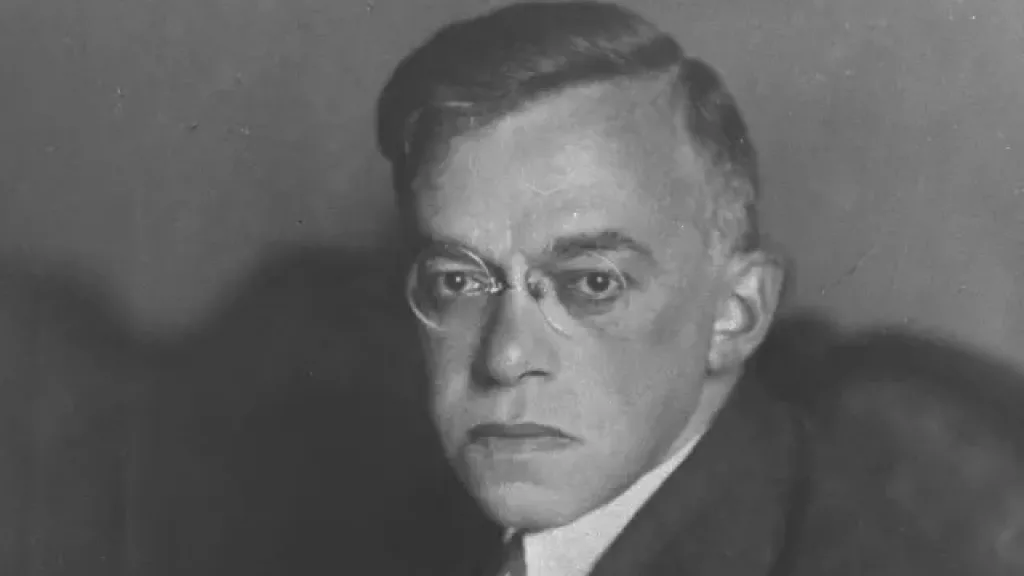The Tanakh Roots of Core American Values
Jacob Shayefar, Solomon Fellowship Class of 2024
Honestly addressing the question of whether Jewish and American interests are at odds requires first defining the underlying values under consideration. To many, what constitutes American values is obvious: private property, civil liberties, the rule of law, and political equality, to name a few. But these values are hardly exclusively American. In fact, these notions are often the extension of ideas first found directly in the Tanakh.
Take, for example, private property. Property rights are a fundamental American value enshrined in our Constitution, as in the due process clauses and the contract clause. But this was not an American invention; rather, scripture heavily implies the existence of property rights. While all land is, ultimately, said to be God’s, God delegates this property to people and groups, notably when God gave the land of Canaan to the Israelites. Moreover, the ownership of land and other forms of property is protected through numerous commandments, like the prohibition of theft, coveting, and moving property barriers.
Nor are property rights the only principle where American and Jewish ethos heavily converge, nor the only place where the American tradition models the Hebraic. The rule of law is another foundational American ethic that is a core Jewish value derived from Tanakh. In fact, its enactment is one of seven Noahide Laws that apply to Jews and Gentiles alike. The restriction of arbitrary power is so vital to Jewish tradition that the Rambam even justifies the mass murder of an entire city based on their inability to prosecute their prince. The Tanakh also contains specific commandments upholding the all-encompassing scope of the law, such as the prohibition on showing favoritism in judgment on the basis of economic status. In other words, Judaism holds that the law applies to everyone, regardless of position: a glaring endorsement of the rule of law.
Additionally, the rule of law as a more abstract idea is a necessary outgrowth of the belief in God. Once one concedes that there is a law-giver higher than the monarch, like a monotheistic God who gives commandments, the monarch becomes subservient. And once the monarch is subservient, he can no longer act arbitrarily. In other words, he becomes subject to the laws of God, a point most exemplified by the requirement for an Israelite king to write and read from his personal Torah scroll. Thus, the belief in a transcendent deity, even purely abstractly, implies a belief in the rule of law in this world.
Political equality, a value today frequently conceptualized through a secular lens, can be derived from the proclamation that God created all men and women in his image. Once such a belief is adopted, one must necessarily believe in the inherent dignity of man, regardless of race, social status, economic class, or any other identifier. And once all men have value in the same way, they are all entitled to the same rights. It is hence no surprise that 34% of the citations in the writings of our Founders were found to come from the Bible and that the most frequently cited book was Deuteronomy, which is essentially a constitution between God and the Jewish people. In other words, political equality is a derivative of Jewish beliefs, namely, the foremost belief that all men and women are created B’tzelem Elokim, in God’s image.
Civil liberties, while undisputedly American values, are ultimately also Jewish ideas. For example, the ability to criticize authority is quite important in the Jewish tradition. Jewish law not only permits but even sometimes mandates the use of self-defense, an implication of the right to bear arms. Rabbinic law also has strict rules regarding due process, which courts must follow to inflict punishments. Thus, civil liberties, both specifically and as a whole, are a Jewish value.
Freedom, more broadly, is a prominent theme in Exodus, which depicts the Jews escaping from tyranny. During the liberation, Moses pleads with Pharoah to “let [his] people go,” a clear injunction applicable to all governments with authoritarian tendencies, and frequently cited as such. This idea of the citizenry being free from tyranny is as American as apple pie. It is the reason for our Bill of Rights, our ninth and tenth amendments, and our general aversion to excessive government. But that is where the congruence ends.
America prizes the liberty underlying Moses’s plea, but Judaism goes even further. While America ends with liberty, that is where Judaism starts. Moses did not just ask for freedom, he prescribed what the Israelites ought to do with it. He asked Pharoah not just to “let [his] people go,” but that Pharoah does it “so that they may worship [the Lord].” And once they are free from secular decrees, Moses makes clear that the reason for their secular emancipation was to follow those of God. In other words, American ends are Jewish means.
And that is where our American and Jewish values no longer coincide. While both sets of values stipulate alike first principles that cause them to desire similar things from their government, Jewish values are far more encompassing. While American values stop at governance and are generally indifferent to what one does in their private life, this tendency in itself constituting a leading American value, Jewish values are far more pervasive. Jewish values mandate strict codes of living, from the foods you can eat to the clothes you can wear.15 Jewish values wish for Gentiles far and wide to practice the Noahide Laws and for every Jew to follow the 613 Torah mitzvot. So, when Jewish values demand that all people act a certain way, and when American values defy such demands, there is bound to be tension. But despite these tensions, it is important to remember that the underlying sets of values share a common origin.
Mr. Jacob Shayefar is a junior at Beverly Hills High School. He resides in Beverly Hills, California.
Suggested Reading

The Early Encounters of Jabotinsky
Why return to Vladimir Jabotinsky today? In Hillel Halkin’s Jabotinsky (2014), we witness the transformative experiences of this great man’s youth, which help to explain how he became the formidable Zionist thinker…

Legendary Jewish Wisdom and Artificial Intelligence
BY MARC DWECK In the shadowy alleys of sixteenth-century Prague, Rabbi Judah Loew ben Bezalel, known as the Maharal, crafted a colossal figure from the clay of the Vltava River.

My Real Internal Conflict is Not One of Clashing Interests
When do my Jewish interests and American interests conflict? After much careful internal deliberation, I have concluded that they do not.

Grant Me the Strength
On Christmas Day, 1991, the hammer-and-sickle banner that had fluttered over the Kremlin for 70 years was lowered for the last time, replaced by the new flag of the Russian…